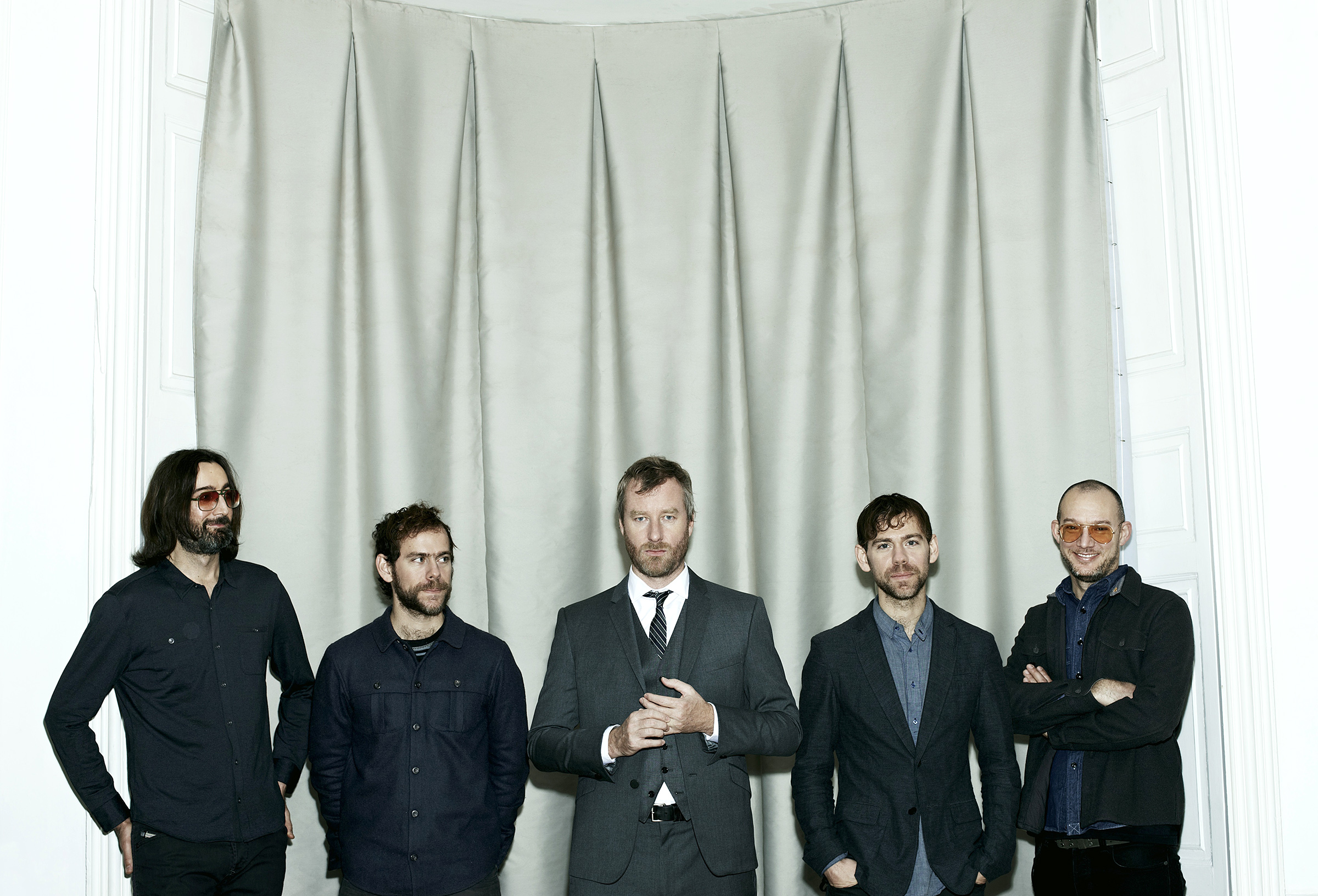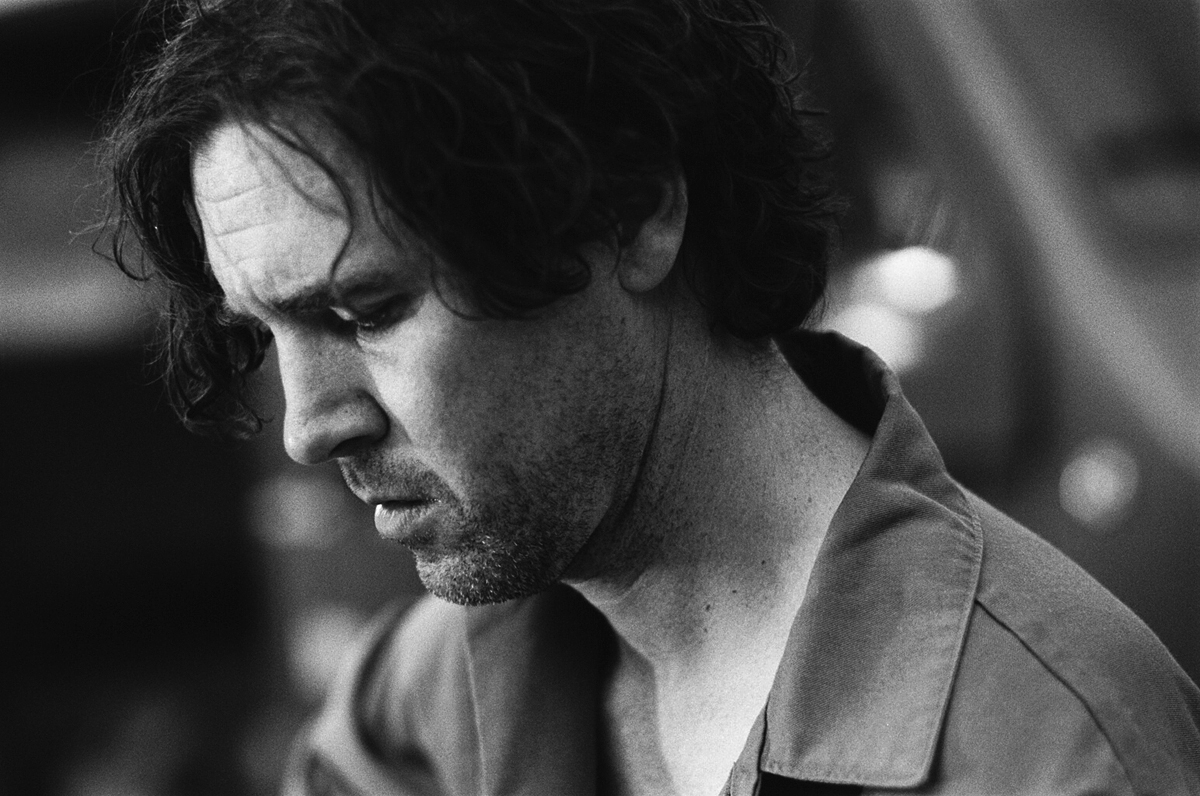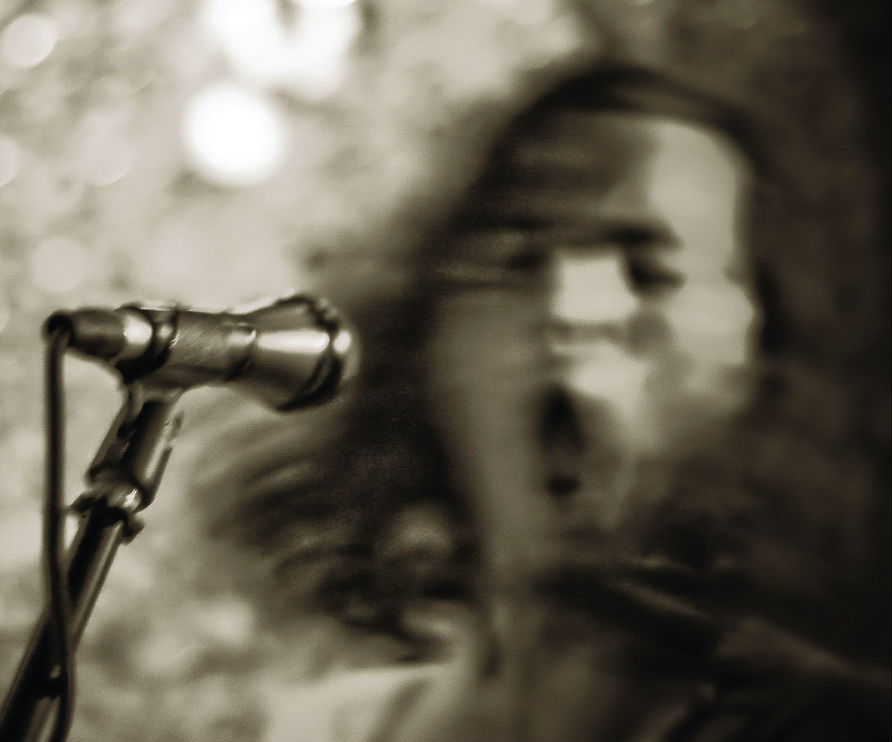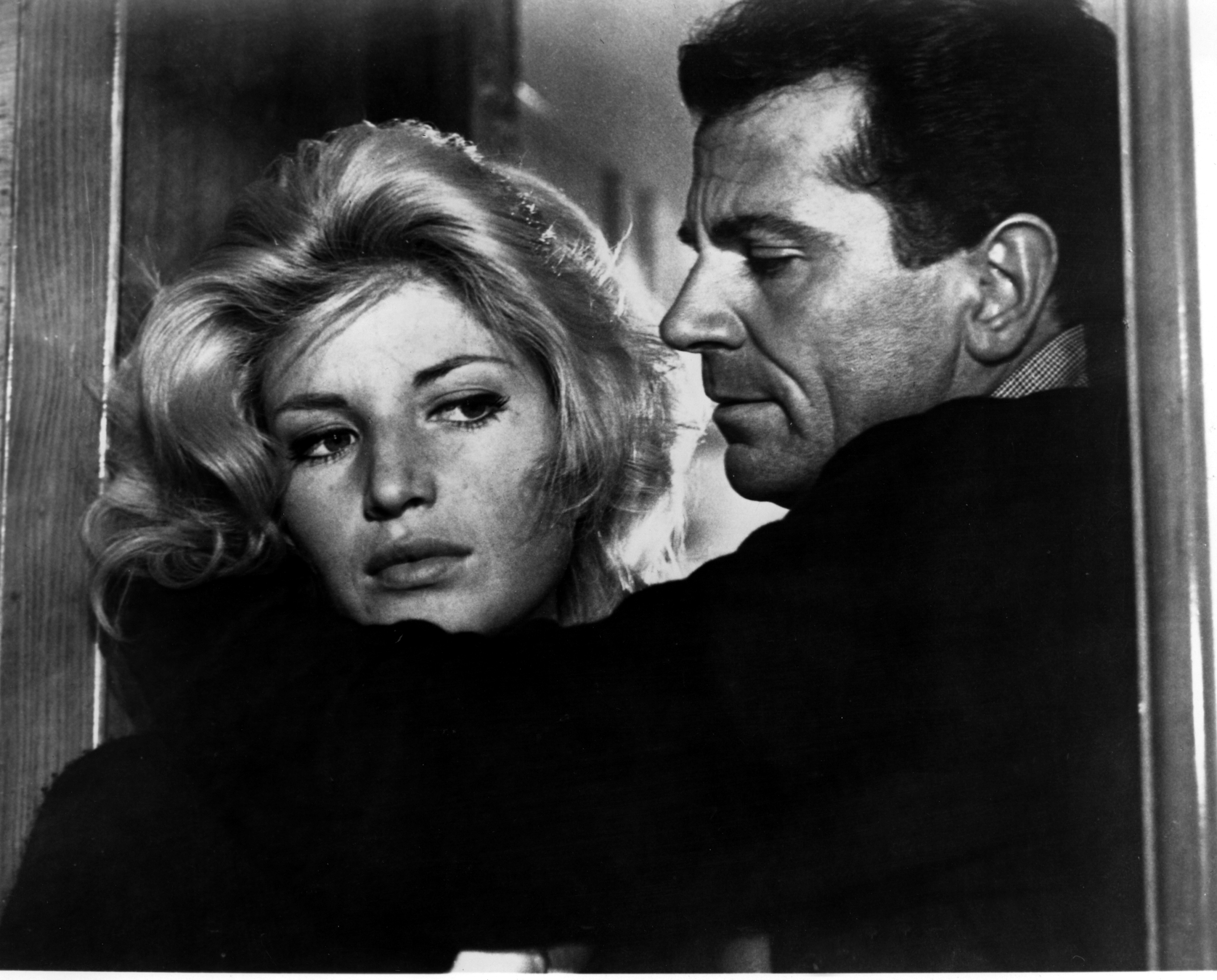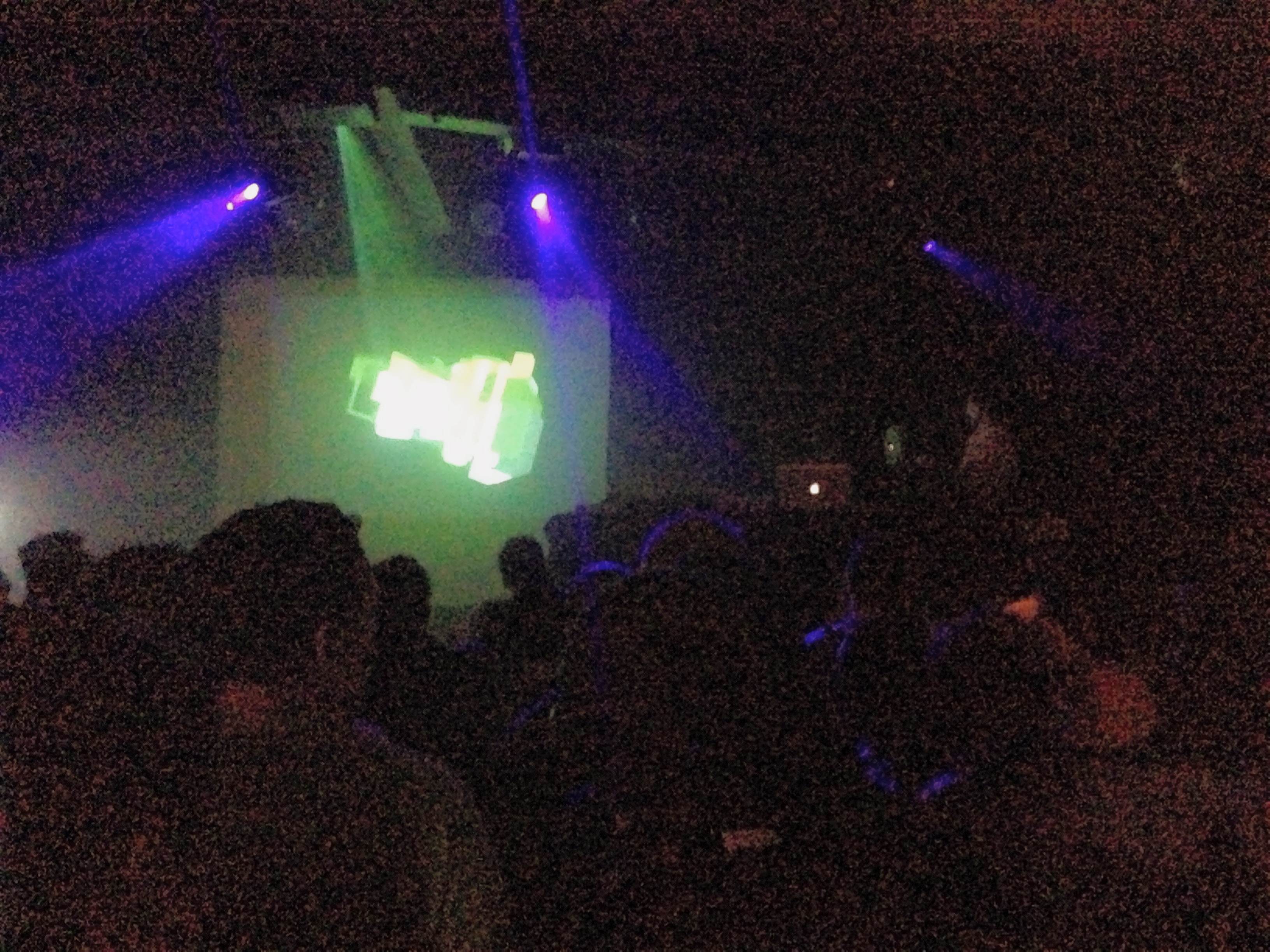The National is boring. Its songs are mid-tempo, morose, and abstruse. Moreover, you’re boring if you appreciate The National’s music. The National fans are cardigan-wearing, NPR-listening, latte-sipping squares whose music taste is as conventional as their cushy middle-management office jobs.
Of course, this is just a stereotype, though not a wholly unfair one. Intricate and often somber, The National’s music does smack of a certain white-collar privilege. The band’s six albums are littered with references to a specifically upper-middle-class sort of ennui, ostensibly inspired by the members’ experiences working desk jobs before they could support themselves through music.
As a result, The National is frequently lumped together with other paragons of “boring music,” a construct defined in a 2011 essay by music critic Steven Hyden as “slow to mid-tempo, mellow, melodic, pretty in a melancholy way, catchy, poppy, and rooted in traditional forms.” It’s a modern analogue of adult-contemporary music, but for a liberal, white, hip audience. Artists in this vein include impeccably tasteful acts like Bon Iver, Fleet Foxes, Andrew Bird, the Decemberists, Grizzly Bear, and countless other KEXP-friendly bands. As if to prove Hyden’s point, Slate published an article earlier this year glibly titled “Why I Hate The National,” which discusses the band’s music in similarly ad hominem terms: It’s not about liking The National; it’s about what liking The National says about you.
The point of all this is that The National’s music is too often ignored in favor of reductive statements about its audience, which is a disservice to one of the few remaining indie bands that are actually interesting. Their songs are brooding and introspective, sure, but visceral in a way that “boring music” isn’t supposed to be.
May’s Trouble Will Find Me, for instance, finds the band toning down its orchestral tendencies, experimenting with odd time signatures, and writing faster, rougher songs reminiscent of those on 2005’s Alligator, its best album. The band knows its signifiers—Bryan Devendorf’s athletic drumming, guitarists Aaron and Bryce Dessner’s pristine (though admittedly not distinctive) production, and Matt Behringer’s commanding baritone and slyly insightful lyricism—but constantly refines them, subtly prodding its sound in new directions. The conversation surrounding The National is boring, but The National certainly isn’t.
